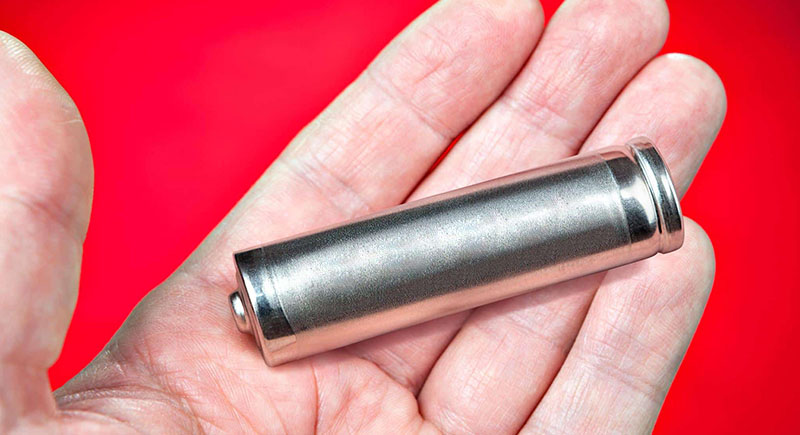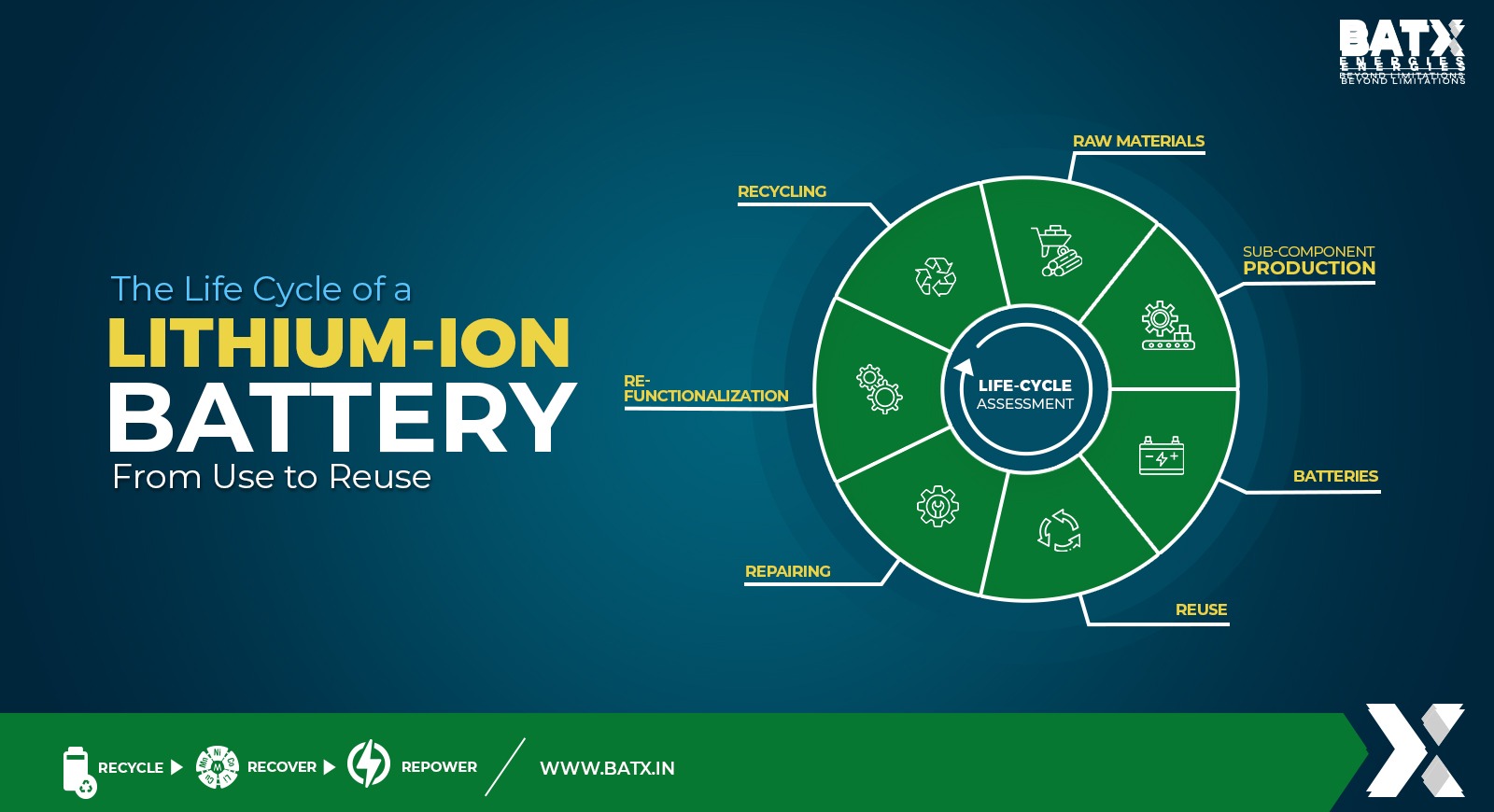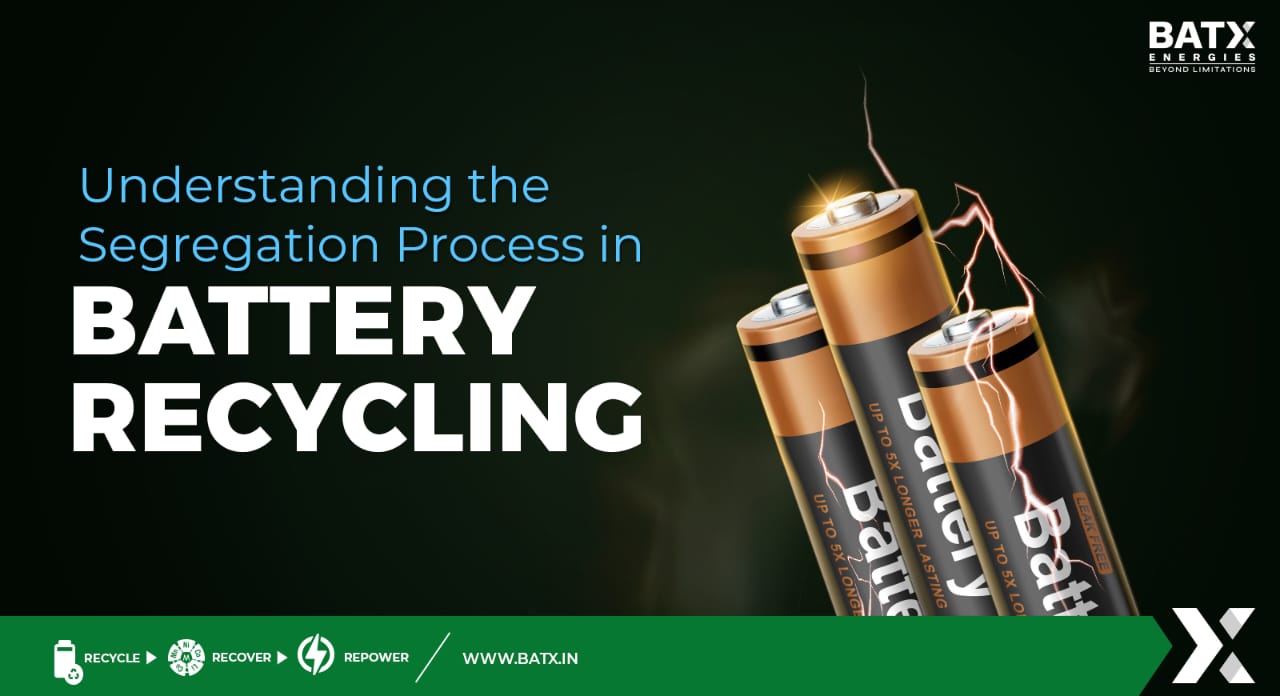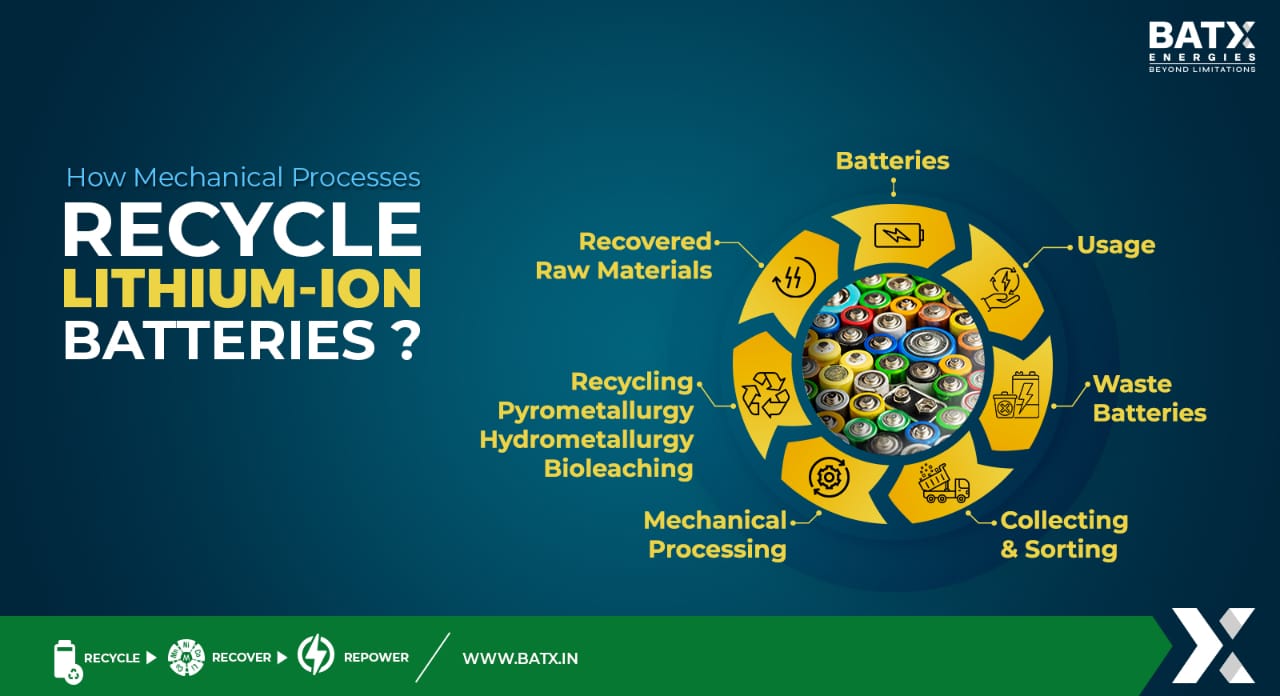Pretty much everything takes a battery these days, but Lithium has a few other uses than just batteries.
Heavy industries use lithium as a flux additive to Iron and Steel, and Lithium Carbonate can even be prescribed by doctors as a mood stabilizer. Certain oxides of lithium can be used to purify the air, and lithium fluoride in particular is used in high-end telescopes. EVs will undoubtedly be the biggest lithium hog in the industry. Even with the pandemic steamrolling the world’s economy, EV sales kept moving steadily upward. Global sales shot up 41% from 2019 into 2020, pleasantly surprising more than a few investors.
Lithium rechargeable batteries are ubiquitous and, thankfully, the vast majority work just fine. They are industry’s favoured power source for wireless applications owing to their very long run times. They are used in everything from power tools to e-cigarettes to Apple’s new wireless earbuds. And most of the time, consumers take them for granted. In a way, this battery is the ultimate technological black box.
The following are some innovative Lithium-ion battery chemistries that have triggered the interests of automakers.
Cobalt-free Lithium-ion Batteries: A team of researchers at the University of Texas has designed a battery that uses Nickel and Manganese in its electrode in place of Cobalt. Aluminium is another element used in these batteries. The researchers are hopeful that this chemistry will help them achieve even distribution of ions and ensure improved battery life. SVOLT has introduced cobalt-free batteries for electric vehicles. The company claims that Cobalt-free Lithium-ion batteries will help them achieve high energy density.
Silicon Anode Lithium-ion Batteries: Researchers at the University of Eastern Finland have developed a hybrid anode that uses carbon nanotubes and silicon microparticles that serves as a Graphite replacement in the regular Lithium-ion battery. The anode helps improve the battery performance. Another highlight of this chemistry is that silicon is produced from a natural material – barley husk ash.
Lithium-Sulphur Batteries: These batteries are proven to outperform lithium-ion batteries in many scenarios. Lithium-Sulphur batteries feature Sulphur instead of Cobalt, which assure high energy density and low cost. The researchers from Monash University own a patent for this battery and have attracted OEMs worldwide. This technology is known to lower manufacturing costs as well as minimize environmental impact.



